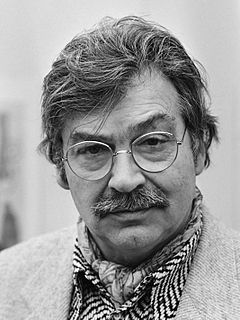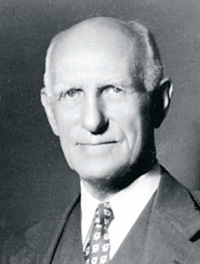A Quote by Frederick Lenz
Molecules are moving. Universes are colliding. Generations are being born and dying simultaneously, throughout eternity. As one of our great American poets, Walt Whitman, once said: "I contain multitudes."
Related Quotes
'Dead Poets Society' was a very influential film on me and so talking about that movie with him, he just inspired me to continue writing poetry and we talked a lot about our favourite poets. My wrap present from Robin was a beautiful limited edition copy of Walt Whitman's 'Leaves of Grass' and that's a great memory for me.
When I was young I once found a book in a Dutch translation, 'The leaves of Grass'. It was the first time a book touched me by its feeling of freedom and open spaces, the way the poet spoke of the ocean by describing a drop of water in his hand. Walt Whitman was offering the world an open hand (now we call it democracy) and my 'Monument for Walt Whitman' became this open hand with mirrors, so you can see inside yourself.
As Walt Whitman correctly surmised, we are large and we harbor multitudes within us. And those multitudes are locked in chronic battle. There is an ongoing conversation among the different factions in your brain, each competing to control the single output channel of your behavior. As a result, you can accomplish the strange feats of arguing with yourself, cursing at yourself, and cajoling yourself to do something - feats that modern computers simply do not do.
Once you are afraid of death you are bound to be afraid of life. That`s why I am talking about this Hasidic approach. The whole approach consists of methods, ways and means of how to die - the art of dying is the art of living also. Dying as an ego is being born as a non `ego; dying as a part is being born as a whole; dying as man is a basic step towards being born as a God.
When compassion for the common man was born on Christmas Day, with it was born new hope among the multitudes. They feel a great, ever-rising determination to lift themselves and their children our of hunger and disease and misery, up to a higher level. Jesus started a fire upon the earth, and it is burning hot today, the fire of a new hope in the hearts of the hungry multitudes.
The English tourist in American literature wants above all things something different from what he has at home. For this reason the one American writer whom the English whole-heartedly admire is Walt Whitman. There, you will hear them say, is the real American undisguised. In the whole of English literature there is no figure which resembles his - among all our poetry none in the least comparable to Leaves of Grass

































